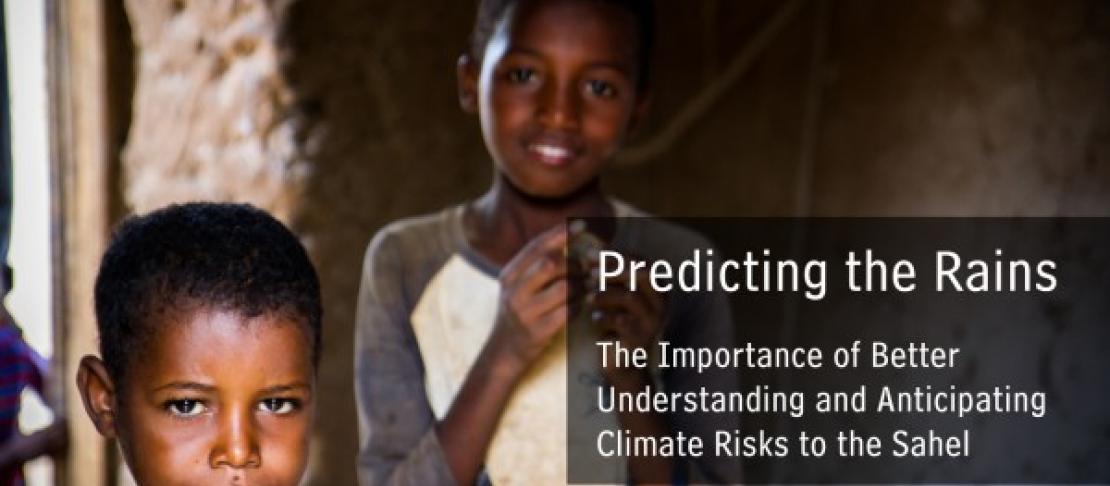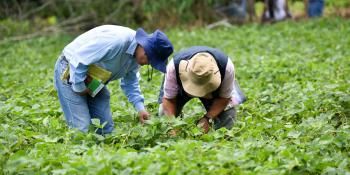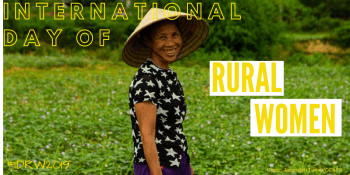Photo essay: into the heart of dryness

by Francesco Fiondella
Niger is one of the poorest countries in the world. Life expectancy there is 54 years, and it has an infant mortality rate higher than any other country except Afghanistan. It is also a country that is extremely vulnerable to climate variability and change. The livelihoods of four out of five people in Niger depend on rainfed agriculture. In other words, crops get their water only when it rains, which isn't a given in this part of the world.
Niger, like all countries in the Sahel, has one rainy season, from June to October, and the amount of precipitation can vary considerably from one year to the next. In some years, the start of the rainy season comes weeks later than normal. Sometimes the rainfall is bunched at the beginning of the season or at its end. Sometimes most of it falls during the middle months. All this causes undue hardships on farming communities already living in poverty. Last year, for example, the rainy season in Niger and its neighboring countries was both shorter and weaker than normal, and crops suffered as a result. So right now, an estimated 20 million people in the Sahel are at risk of going hungry and becoming malnourished.
An initiative led by the International Research Institute for Climate and Society (IRI) at Columbia University for the CGIAR Research Program on Climate Change, Agriculture and Food Security (CCAFS) is training meterological staff in West Africa on the latest methods and tools for generating more accurate seasonal forecasts for farmers, water-resource managers and other users in their home countries. Now you can explore the country of Niger in a visual photoessay while learning about the importance of seasonal forecasting to the Sahel, one of the poorest and most climate-vulnerable regions in the world. Read the full story on the IRI website.
Francesco Fiondella is a communications officer with the International Research Institute for Climate and Society (IRI) at Columbia University. IRI leads CCAFS research on Adaptation through Managing Climate Risk. Follow their work on twitter @climatesociety.


